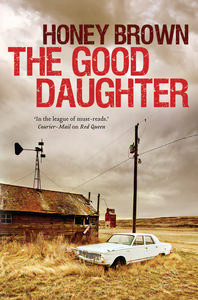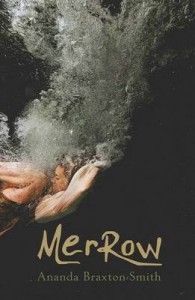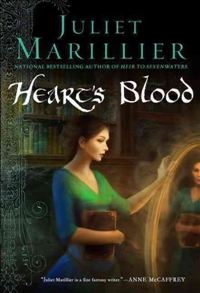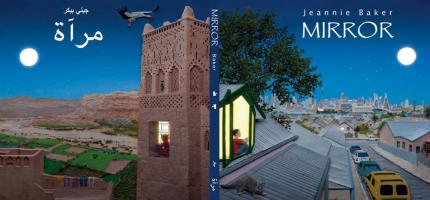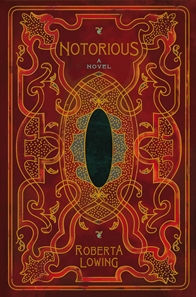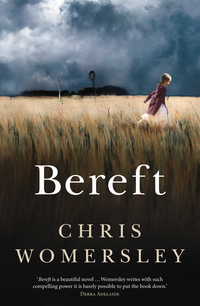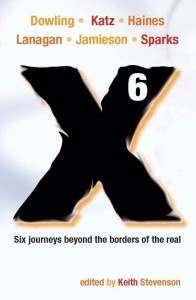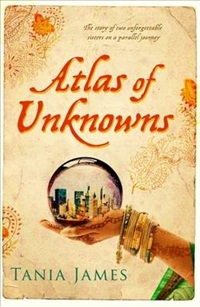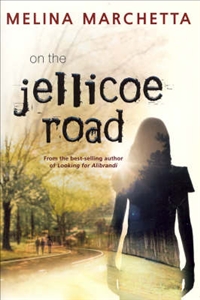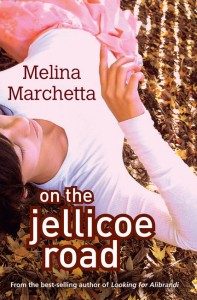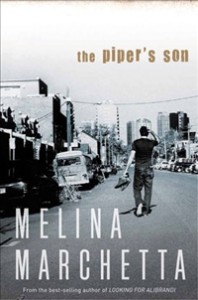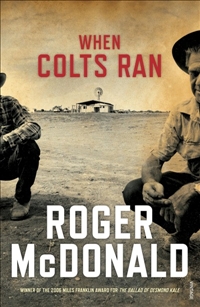 There has been a brouhaha about the three-book short list for the Miles Franklin Award – the list being all male. The year before last, there was also a controversy when the long list was all male, so the judges would have been well aware of what they were doing, in this case. I’m sure the three books on the list are worthy – they are high-end literary and dealing (at least with Bereft and the That Deadman Dance) with pretty serious issues (When Colts Ran is an outback, male-centred story). But as many other people have said: are male writers really that much better than female writers? Or do men choose what our culture still regards as more weighty, serious, important subjects and treatments, and thus these works are more suited to a culturally prestigious award?
There has been a brouhaha about the three-book short list for the Miles Franklin Award – the list being all male. The year before last, there was also a controversy when the long list was all male, so the judges would have been well aware of what they were doing, in this case. I’m sure the three books on the list are worthy – they are high-end literary and dealing (at least with Bereft and the That Deadman Dance) with pretty serious issues (When Colts Ran is an outback, male-centred story). But as many other people have said: are male writers really that much better than female writers? Or do men choose what our culture still regards as more weighty, serious, important subjects and treatments, and thus these works are more suited to a culturally prestigious award?
Of the novels that have won the Miles Franklin for the last 10 years, only two are by women – Shirley Hazzard’s The Great Fire (Hazzard is a very intellectual serious novelist of the old school) and the other was Carpentaria by indigenous writer Alexis Wright – a big and highly ambitious work.
The ten all up are:
* 2010 Peter Temple Truth
* 2009 Tim Winton Breath
* 2008 Steven Carroll The Time We Have Taken
* 2007 Alexis Wright Carpentaria
* 2006 Roger McDonald The Ballad of Desmond Kale
* 2005 Andrew McGahan The White Earth
* 2004 Shirley Hazzard The Great Fire
* 2003 Alex Miller Journey to the Stone Country
* 2002 Tim Winton Dirt Music
* 2001 Frank Moorhouse Dark Palace.
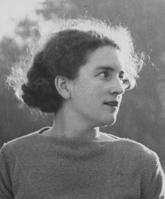
I have to admit to not having read a single one of the above. I started Dark Palace but hated it. I also started Dirt Music and didn’t get very far with that either. Now I come to think of it, a certain masculine outlook in both books turned me off. I also avoided Truth , after trying to read The Broken Shore, and again not being able to get onto the wavelength of the writer (I know I’m in a minority here).
So perhaps reading the Miles Franklin winner is like eating your greens – you know it’s good for you even if it’s not to your taste. If it’s any consolation to the women who perpetually miss out on the award, I think women writers have a bigger readership than male writers (Tim Winton excepted).
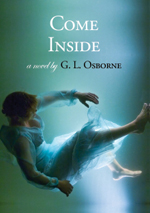 The whole issue of women missing out on major literary prizes was the impetus behind the Orange Prize in the UK and, ironically, there have been rumblings over the last few years over whether there should be a prize based on gender at all (the playing field being so flat now, after all!!) There is a women-only prize in Australia, the Kibble Literary Award (for novels and life writing), and it is quite lucrative at $30,000, but who has heard of it?
The whole issue of women missing out on major literary prizes was the impetus behind the Orange Prize in the UK and, ironically, there have been rumblings over the last few years over whether there should be a prize based on gender at all (the playing field being so flat now, after all!!) There is a women-only prize in Australia, the Kibble Literary Award (for novels and life writing), and it is quite lucrative at $30,000, but who has heard of it?
There is also the Barbara Jefferis Award for “the best novel written by an Australian author that depicts women and girls in a positive way or otherwise empowers the status of women and girls in society”. This definition means that male authors can also enter (only one brave male did so last time). G L Osborne won the most recent award with Come Inside. But, sad to say, this award hardly rates national media attention (although the Orange prize is quite high profile). So I guess you could say having such prizes doesn’t really address the problem of womens’ writing being regarded as less culturally significant than mens’.


